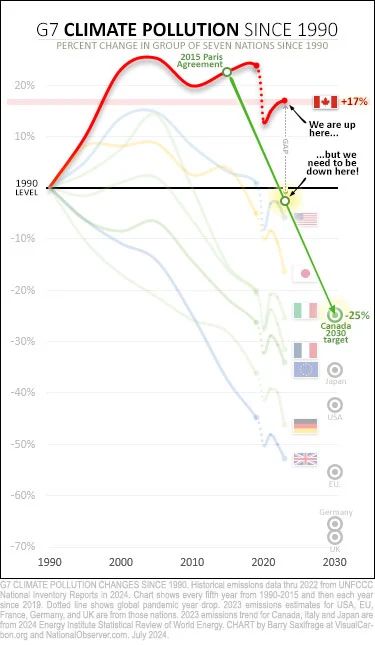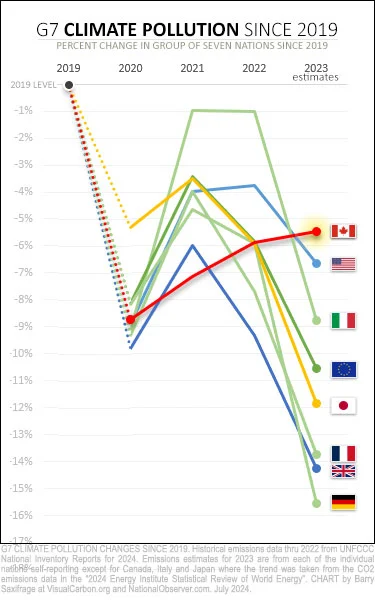For nearly a century, the Beer Store has, in one form or another, operated arguably the best-performing recycling program in the province of Ontario. Its deposit-return system — which sees consumers get refunds of 10 or 20 cents per container returned to the stores — boasts a return rate of nearly 80 per cent overall, and for some specific types of containers, the number is higher still: 89 per cent of glass bottles were returned in 2022, according to the most recent environmental-stewardship report on the Beer Store’s website.
The success of the deposit-return scheme, which has been expanded to include wine bottles and other alcohol-beverage containers, stands in stark contrast to the middling diversion rates achieved by the blue-box program operated by many municipalities. The city of Toronto, for example, achieved an overall diversion rate of just 53.6 per cent in residential collection, and even single-family homes (which perform better than the city’s older apartment buildings) rate only 63.9 per cent. The numbers provincewide aren’t any better overall, and a report from the province’s Resource Productivity and Recovery Authority suggests Ontario’s diversion rates have actually fallen over the past decade.
So the closure of Beer Store locations in small northern communities poses a problem that, at least in some cases, is going to fall on the property-tax bill of local homeowners.
“As a municipality, we now are going to be stuck having to pick up everyone’s empties, and it’s going to impact our landfill space. It’s going to end up in the pile at the front of everyone’s driveway on garbage day,” McPherson says. “We are in the process right now of applying for an environmental assessment for new waste management because the Geraldton landfill is full. This is absolutely the wrong time for us to have excess material going into the landfill.”
Greenstone isn’t alone: Beer Store locations in Nipigon and Cochrane are also reportedly closing in September. In at least some cases, the Beer Store’s former customers will still be able to get beer at an LCBO or a new outlet such as a corner store or gas station — but locals will have nowhere to return empties.


 .
.
I love the look on the other cat's face: I got woken up for this too and I'm not even mentioned in the toot